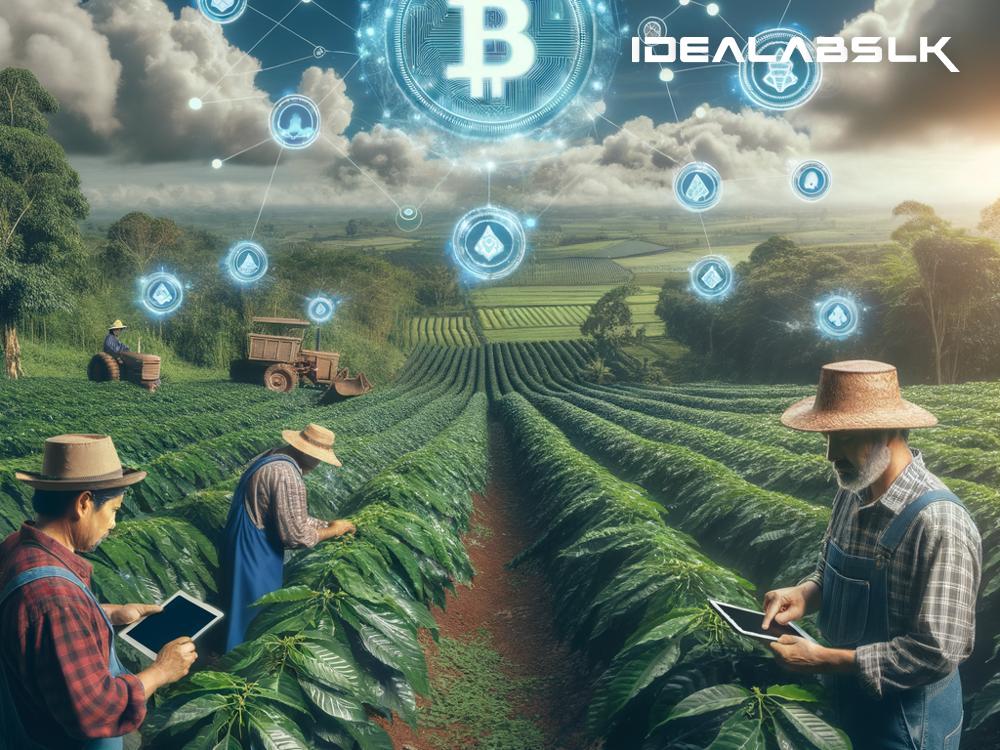Unlocking Transparency: How Blockchain Revolutionizes Ethical Sourcing
In a world where consumers are increasingly conscious about where their purchases come from and the impact they have, the call for transparency and ethical practices in sourcing materials and products has never been louder. That's where blockchain technology steps in, offering a promising solution to many of the challenges facing ethical sourcing. But what exactly is blockchain, and how does it work in the context of ethical sourcing? This article aims to demystify blockchain technology and explore its revolutionary potential in promoting transparency and integrity in supply chains.
Untangling Blockchain: A Simple Explanation
At its core, blockchain is a form of digital ledger technology. Imagine it as a digital notebook that records transactions and information in a secure, transparent, and unalterable way. Each "page" in this notebook is referred to as a block, and each block is connected to the one before and after it, forming a chain—hence the name, blockchain. This ledger isn't stored in one place but is distributed across multiple computers, making it incredibly difficult to tamper with.
The Pillars of Ethical Sourcing
Ethical sourcing is about ensuring that the products and materials businesses use are obtained in a responsible and sustainable manner. This encompasses labor rights, environmental impact, and the overall integrity of the supply chain. The goal is to create a transparent supply chain where consumers can trace the origin of their products and confirm they were produced ethically.
Bridging Blockchain with Ethical Sourcing
So, how does blockchain technology intertwine with ethical sourcing? Let's break it down:
-
Transparency: Blockchain provides an immutable record of transactions and interactions. When applied to supply chains, this means every step of a product's journey from source to store can be recorded and verified. Consumers can see where their products are coming from, the conditions in which they were produced, and the environmental impact they have.
-
Traceability: With blockchain, every product has a unique digital footprint that follows it from its origin through every stage of the supply chain. This makes it easy to trace back any product to its source, significantly reducing the risk of counterfeit products and ensuring authenticity.
-
Accountability: Because every transaction and transfer is recorded on the blockchain, it creates a system of accountability. Manufacturers, suppliers, and distributors can no longer hide unethical practices behind the complexity of supply chains. If a supplier is found to be violating labor laws or environmental regulations, it's easy to identify and address.
-
Efficiency: Besides promoting ethical practices, blockchain can also streamline operations, reducing paperwork, and making the verification process faster and more efficient. This not only benefits businesses by reducing operational costs but also contributes to sustainability by cutting down on the need for physical documents.
Real-World Impact and Challenges
Several initiatives and companies have already started leveraging blockchain to promote ethical sourcing. From diamond mining to clothing manufacture, blockchain is being used to prove the ethical credentials of products. However, it's not all smooth sailing. The technology is still relatively new, and its implementation across global supply chains is complex and resource-intensive. There's also the challenge of getting all stakeholders onboard, from suppliers to consumers, and ensuring they have the necessary technology and knowledge to participate.
The Future of Ethical Sourcing with Blockchain
As we move forward, the potential of blockchain in transforming supply chains and promoting ethical sourcing is immense. As technology evolves and becomes more accessible, we can expect to see wider adoption and innovative uses across various industries. However, it's important to remember that technology alone cannot solve all ethical sourcing challenges. It needs to be accompanied by a commitment from businesses, governments, and consumers to transparency, sustainability, and responsible consumption.
In conclusion, blockchain technology offers a significant opportunity to advance ethical sourcing practices. Its ability to ensure transparency, traceability, accountability, and efficiency can help build trust in supply chains and empower consumers to make informed choices. While challenges remain in its implementation, the potential benefits of blockchain in promoting ethical sourcing are too promising to ignore. As we strive towards a more sustainable and just world, embracing technologies like blockchain in our supply chains is a step in the right direction.

